Auschwitz Memorial; photo: Documentation and Cultural Centre of German Sinti and Roma.
2 August 2019
Věra Jourová
European Commissioner for Justice, Consumers and Gender Equality
Greetings at the Roma and Sinti memorial in Auschwitz-Birkenau on the occasion of the 75th anniversary of 2 August 1944 – the European Holocaust Memorial Day for Sinti and Roma 2019
The 2 August 2019 is a day full of sorrow and grief. On this day, 75 years ago the “gypsy family camp” was brutally exterminated, in the camp section B II e, at the German concentration and extermination camp Auschwitz-Birkenau. Today, we honour the memories of the Roma victims who perished during the Holocaust. We also pay tribute to those who survived the Holocaust and who dedicated their lives to reconciliation.
This day should remind us about “the Forgotten Genocide” that the Nazis committed against the Roma. Decades after the end of the war the Roma Holocaust was almost totally ignored, even though they were the second-largest group of people killed on racial grounds in the Holocaust. This day should remind us to be vigilant and reinforce our commitment to confront those who spread lies about our history, those who question the Holocaust or negate its fundamental meaning for today’s Europe. The principle ‘Never again’ can only be meaningful when we remember the ones who were murdered.
The Roma are forgotten victims of the Holocaust for many Europeans. Remembering their historical persecution reminds us of the need to tackle the challenges which they still face today and which are too often overlooked. Seven decades on, Sinti and Roma still face hatred, violence, discrimination and racism on a daily basis. And many still do not have access to basic necessities such as decent housing, education and healthcare.
This day, demands from us to firmly condemn, Antigypsyism in all its forms and show the courage to protect the vulnerable. We need people that act when they see racist acts in public, when they hear antigypsyist or racist slogans on European streets. And it is the duty of each and every one of us in the EU to treat our fellow citizens with dignity and respect, in particular the most vulnerable ones in our society.
In light of the decreasing numbers of Holocaust survivors we have the moral responsibility to ensure that the Holocaust is solidly anchored in European collective memory, its role for shaping post-war Europe and its crucial lessons for combating antigypsyism, antisemitism, racism and all other forms of hatred particularly in times of rising populism.
Holocaust education remains a central piece in building up resilience against all forms of racism and hatred in multicultural societies, such as Antigypsyism or Antisemitism. EU Member States need to ensure effective policies for the remembrance of historical atrocities, to safeguard and preserve historic sites, and to promote education and research in this field.
Remembering the atrocities of the Holocaust, this darkest chapter of European history, is essential for understanding Europe today, for understanding the true value of universal human rights, democracy, rule-of-law and non-discrimination on which our Union is built. Being and becoming European means to acknowledge and accept our common history.
Statements on the occasion of the European Holocaust Memorial Day for Sinti and Roma
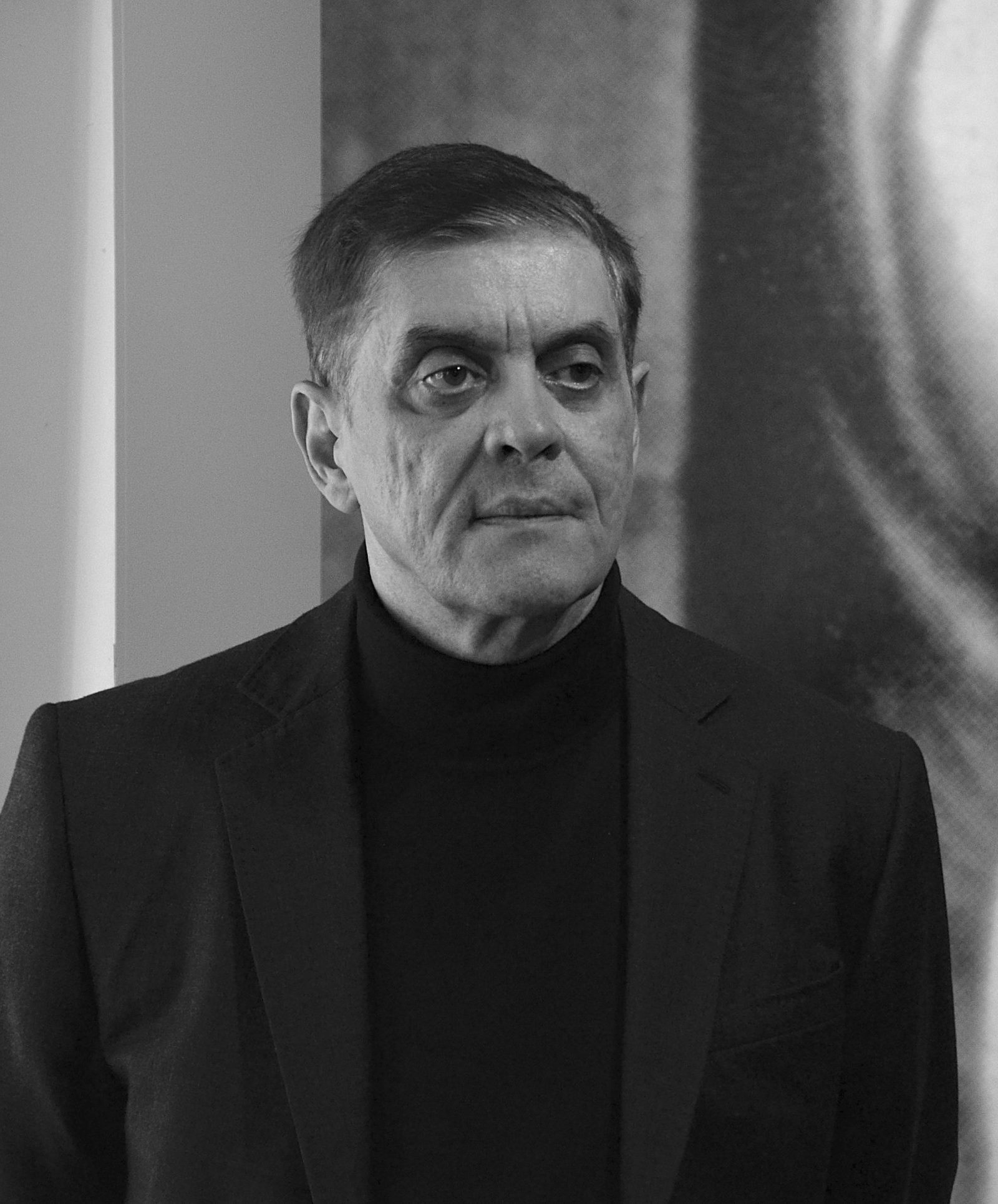
Romani Rose
Chairman of the Central Council of German Sinti and Roma

Katarina Barley
Vice President of the European Parliament

Helena Dalli
European Commissioner for Equality
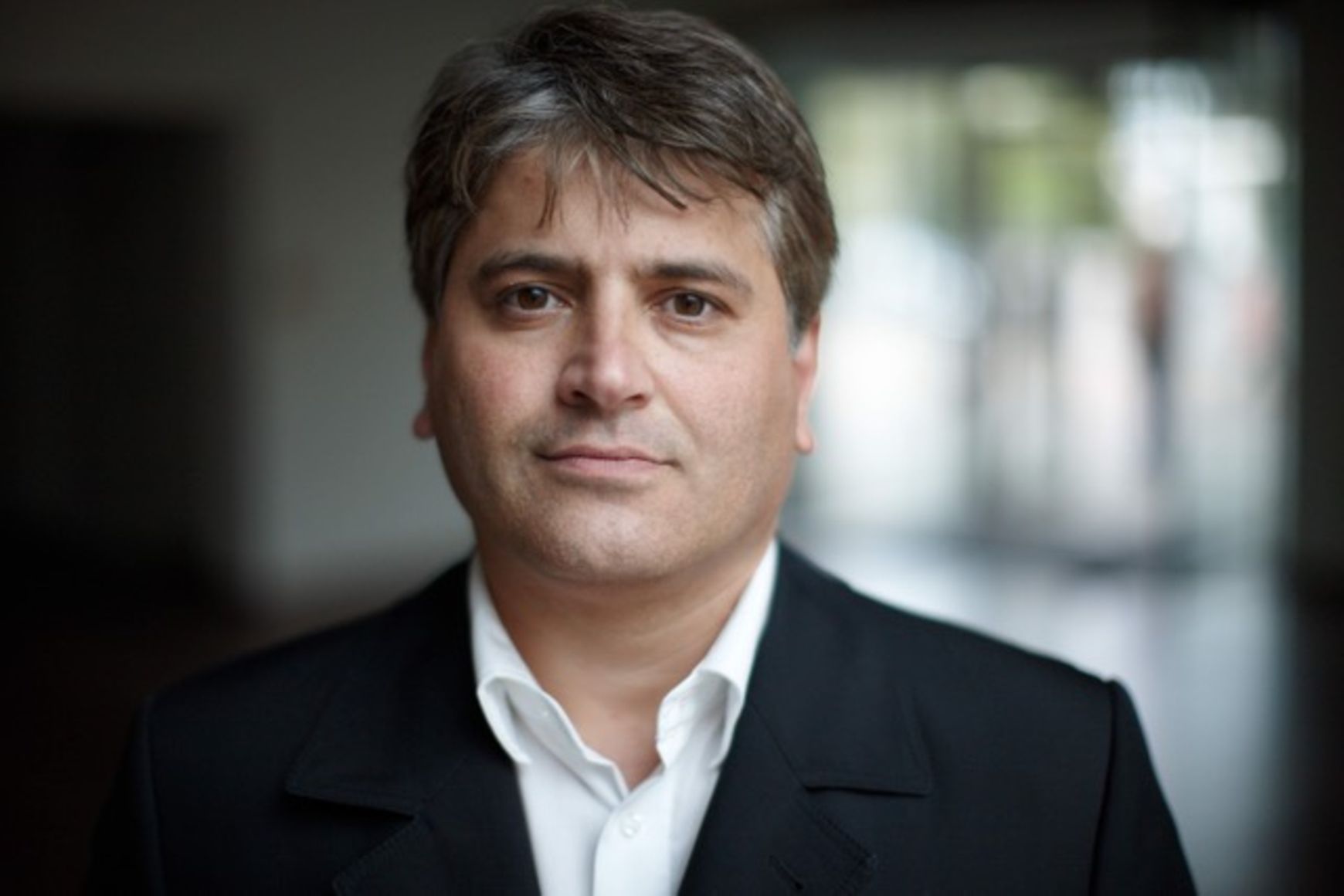
Mehmet Daimagüler
Dr. Mehmet Daimagüler, Antigypsyism Commissioner of the Federal Government

Roberta Metsola
Roberta Metsola, President of the European Parliament

Claudia Roth
Vice President of the German Bundestag
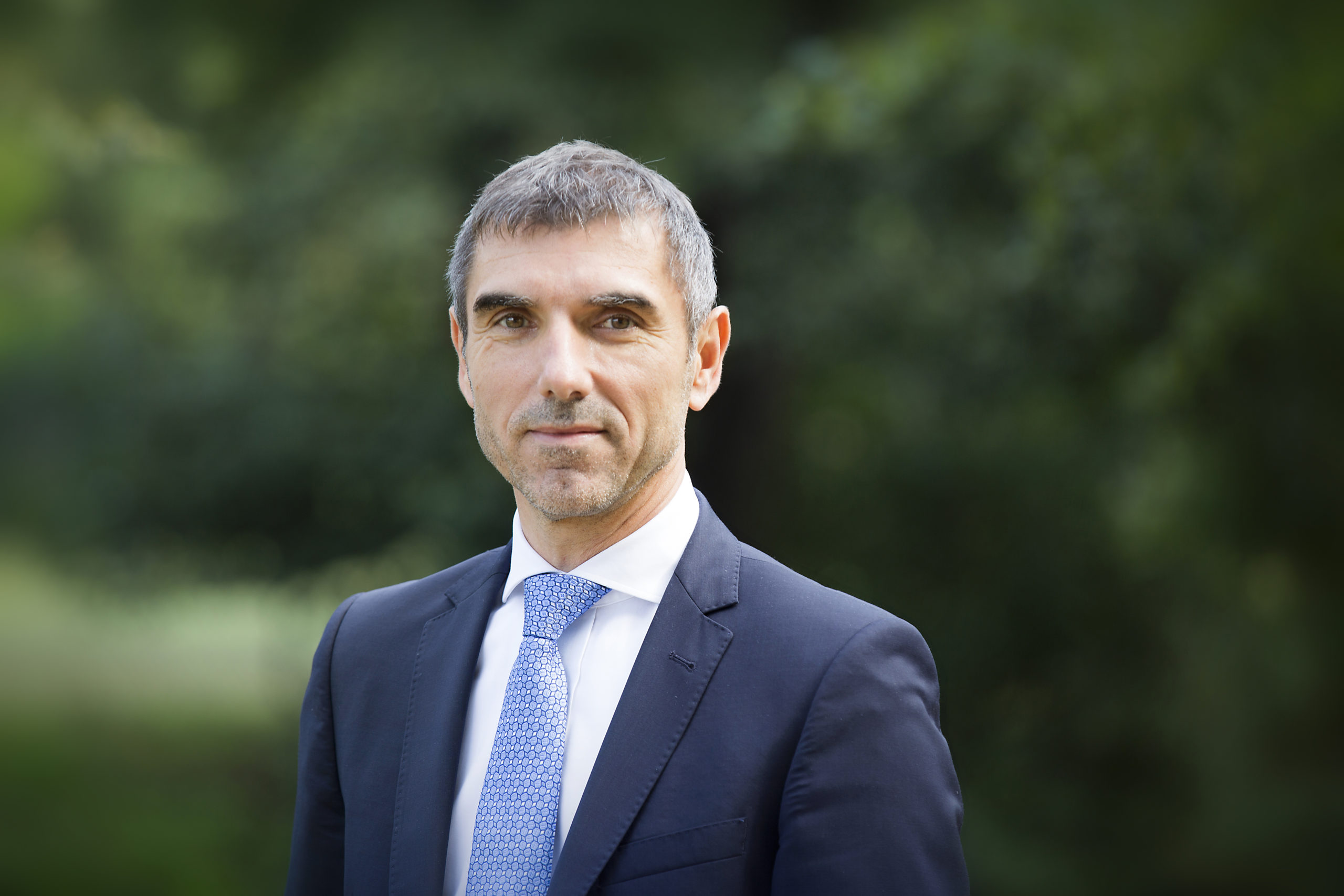
Paul Blokhuis
Dutch State Secretary Paul Blokhuis
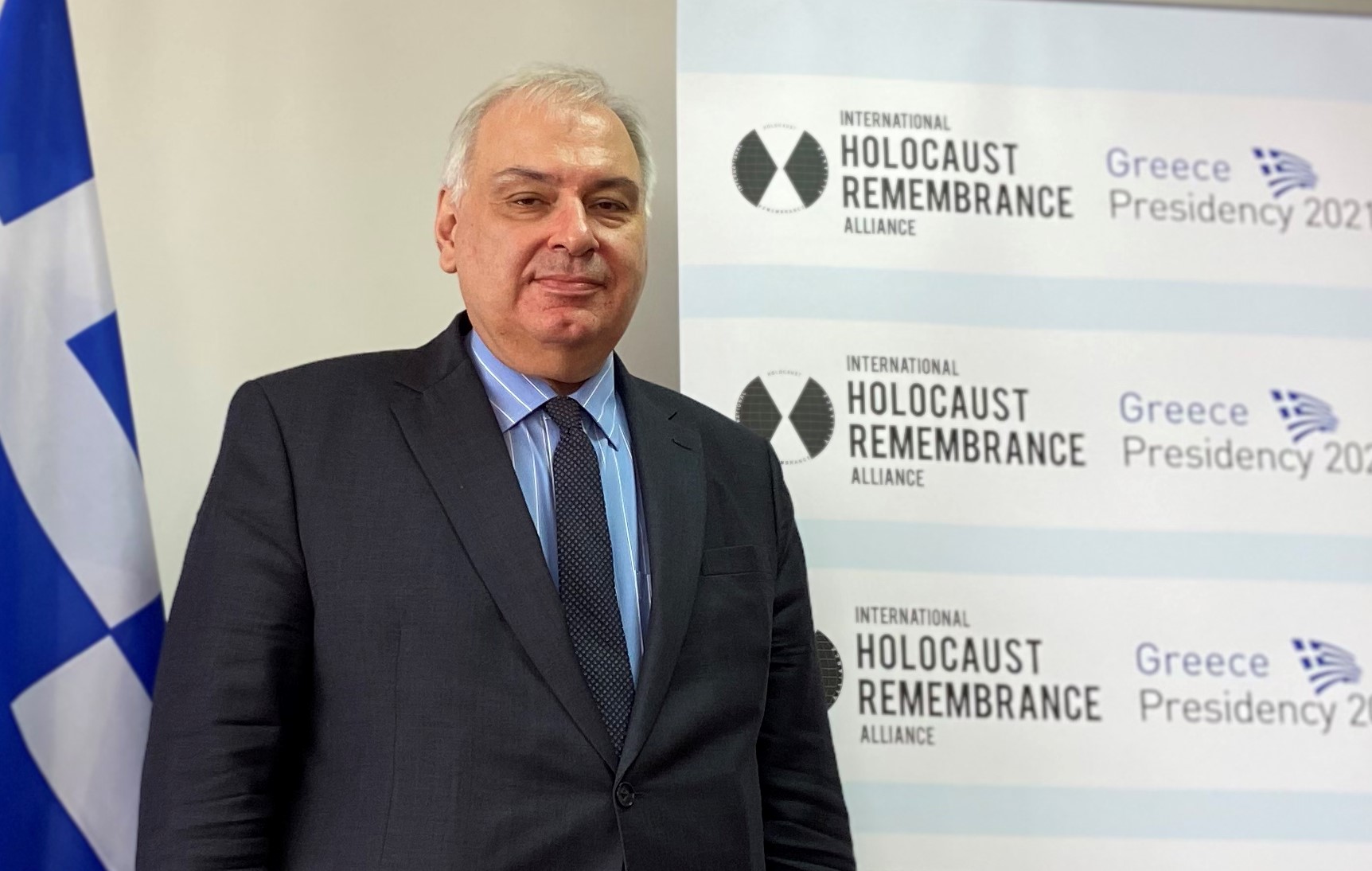
Chris J. Lazaris
Amb. Chris J. Lazaris, IHRA Chairman
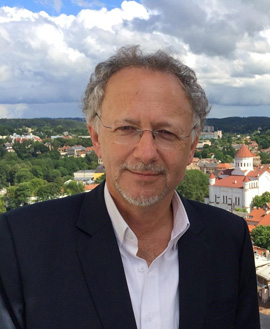
Fernand des Varennes
UN Special Rapporteur UN minorities
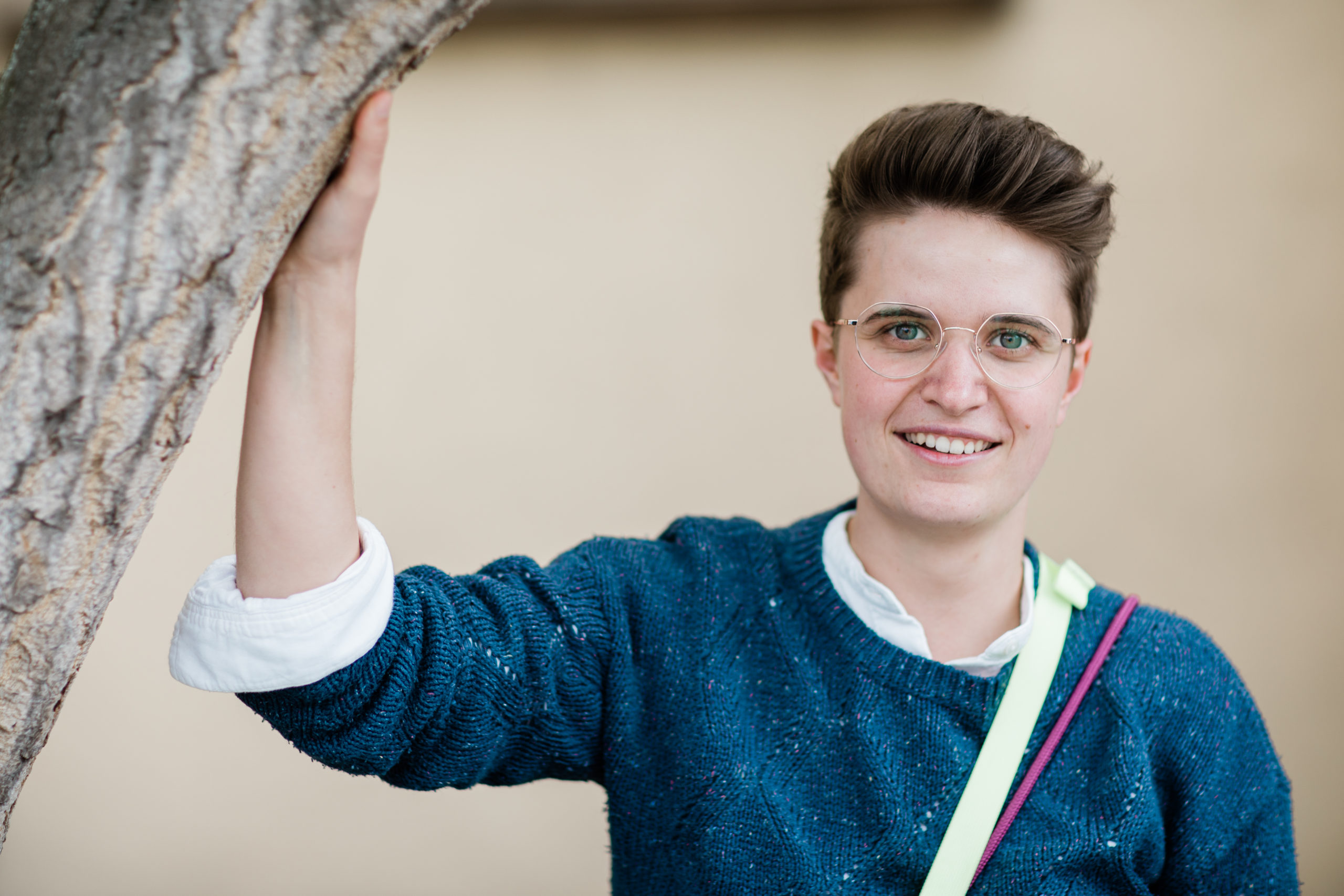
Anna-Nicole Heinrich
President of the Synod of the Evangelical Church in Germany (EKD)










